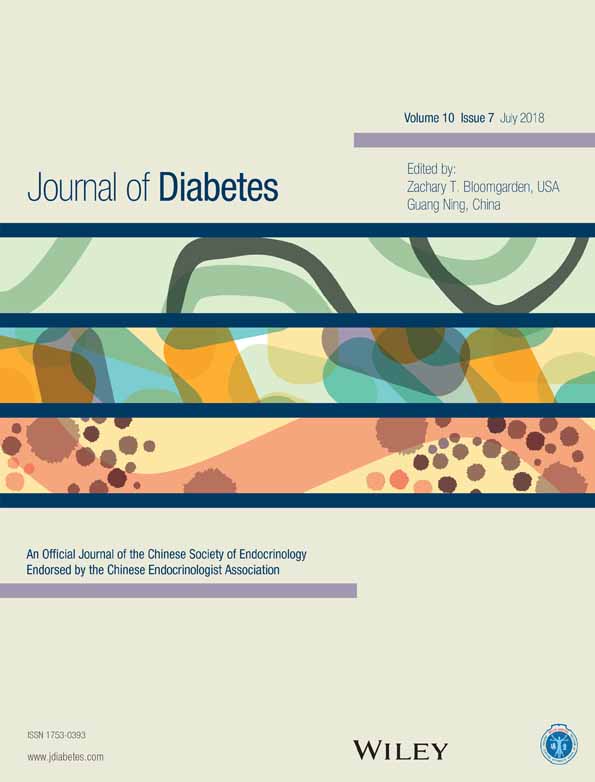Stage of obesity epidemic model: Learning from tobacco control and advocacy for a framework convention on obesity control
肥胖流行阶段的模型:从控烟中学习以倡导肥胖控制框架公约
Abstract
enThe 2011 United Nations political declaration against non-communicable diseases (NCDs) targeted four major risk factors: tobacco use, harmful use of alcohol, an unhealthy diet, and a lack of physical activity. The Framework Convention on Tobacco Control (FCTC), MPOWER strategies, and the four-stage model of the tobacco epidemic are useful references for the prevention and control of other risk factors and NCDs. Obesity control is a more complex challenge. Herein we propose a stage of obesity epidemic model (SOEM). Obesity is in the early stages in most countries with increasing prevalence, but its effects on mortality will increase rapidly, even if its prevalence may have reached a peak and be declining. Based on current relative risk, obesity kills one in three obese people. Like tobacco, epidemiological studies of obesity in the early stages would underestimate the risks and disease burden. Further research will reveal more harm, especially from long-term obesity since childhood. The prevalence of obesity will likely overtake smoking prevalence, but commitments to obesity control are too weak. The SOEM is needed and should be useful to forewarn against the expanding public health problems attributable to obesity, and challenges in epidemiology and interventions. Learning from tobacco control, we advocate for a framework convention on obesity control. Framing obesity control initiatives in the spirit of MPOWER strategies against tobacco should be considered to prevent and control obesity and obesity-induced diseases. Healthcare professionals should take leading roles in these initiatives and obese individuals should reduce their weight and “quit” obesity.
摘要
zh2011年联合国发表关于预防和控制非传染性疾病(non-communicable diseases, NCDs)的政治宣言, 针对四大危险因素:吸烟、过量饮酒、不健康的饮食以及缺乏体能活动。国际烟草控制框架公约(Framework Convention on Tobacco Control, FCTC)、MPOWER战略和烟草流行的四阶段模型可为其他危险因素和非传染性疾病的预防和控制提供有用的参考。肥胖控制是一个更加复杂的挑战。于此, 我们提出一个关于肥胖流行的四阶段模型(stage of obesity epidemic model, SOEM)。大部分肥胖率日益增加的国家目前仍处于肥胖流行的早期阶段, 但肥胖对于死亡的影响会迅速增加, 即使肥胖率已经到达顶峰并正在下降。根据目前的相对危险度推算, 肥胖导致三个肥胖的人中有一个死亡。正如吸烟的危害, 在肥胖早期流行阶段做的流行病学研究会低估肥胖引致死亡的真正风险和疾病负担。进一步的研究将会揭示更多由肥胖引起的健康危害, 尤其是从儿童期开始的长期肥胖。肥胖的流行率可能会超过吸烟率, 但目前对于肥胖防控的投入十分不足。我们需要SOEM为肥胖导致的日益严重的公共卫生问题提出预警, 并揭示在流行病学和干预方面的挑战。我们从烟草控制的经验中学习, 倡导制定肥胖控制框架公约。受MPOWER控烟战略的精神启发, 制定肥胖控制计划应当考虑预防和控制肥胖及由肥胖引发的疾病。卫生保健专业人员应该在这些计划中发挥主导作用, 肥胖者应该减轻体重并“戒除”肥胖。




